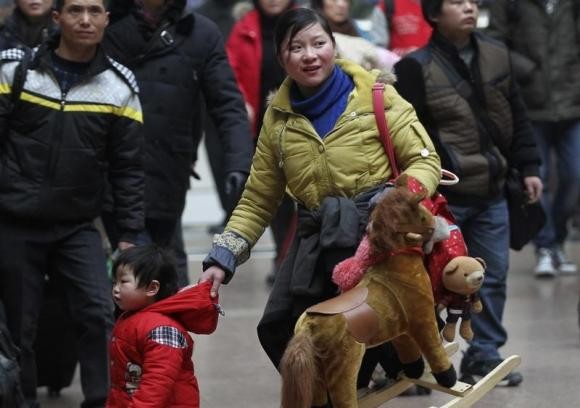China will not implement an unlimited second-child policy this year. Accoriding to a family planning official, the government still requires more time to study the repercussions of the current family planning policy.
For more than a year already, the country has implemented a more relaxed family planning policy, where parents are given the chance to have a second child if either of them is a single child. However, the effects are too unclear as of the moment to make it a permanent, national policy.
According to China's National Health and Family Planning Commission, the Dec. 2014 data showed that there were only 470,000 newborns even with this relaxed family planning policy, significantly lower than the estimated number of 2 million babies.
Nevertheless, Ma Xu, the head of the Commission's Institute of Science and Technology, said that this data is not enough to make conclusions regarding the true effects of the relaxed family planning policy.
"The new policy has been in force for only a year. The ability to draw conclusions from the available statistics requires several years because the effects of a family-planning policy involve complicated factors," said Ma.
Other factors such as population relocation and economic difficulties could have all come into play for the past year, affecting the data. The same factors could also influence the ultimate effect of the policy, Ma said.
Even though there are already government agencies tasked to review the possible implications of imposing a universally inclusive and unrestrictive second-child policy, such a policy would not be adopted this year.



























